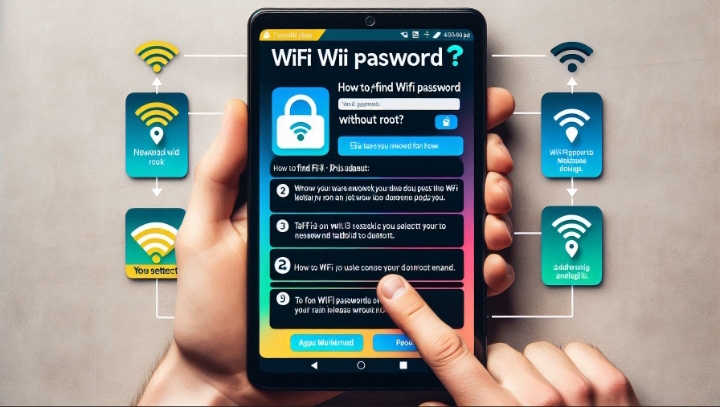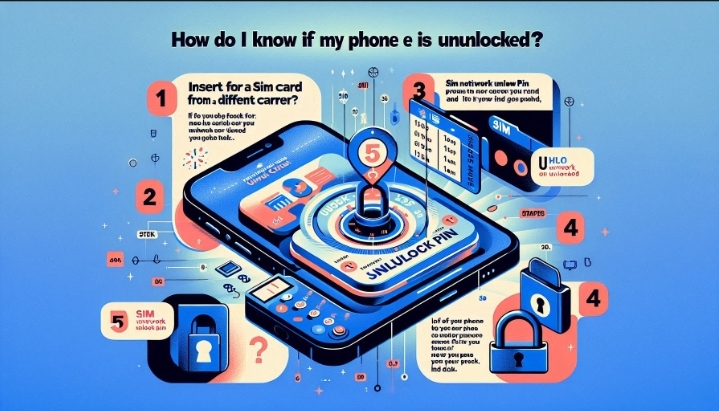Your phone is a device that uses electricity to power its functions and features. When you charge your phone, you are supplying it with more electricity, which can generate heat. Some heat is normal and expected, but too much heat can be a problem. If your phone gets hot when charging, it can affect its performance, battery life, and durability. It can also cause discomfort, or damage to your phone.
But why does your phone get hot when charging, and what can you do to fix it? In this article, we will explore the different reasons why your phone gets hot when charging, and how you can prevent or reduce the heat. We will also discuss the potential risks and consequences of a hot phone, and how to deal with them.
Reasons Why Your Phone Gets Hot When Charging
There are several reasons why your phone may get hot when charging, such as:
1. Faulty or incompatible charger or cable: If you are using a charger or a cable that is not designed for your phone, or that is damaged or worn out, it can cause your phone to overheat. This is because the charger or the cable may not deliver the right amount of power to your phone, or may have a short circuit or a loose connection, which can create excess heat
2. Fast or wireless charging: If you are using a fast or a wireless charger, it can also cause your phone to overheat. This is because these chargers use a higher voltage or a higher frequency to charge your phone faster, which can generate more heat. Fast or wireless charging can also stress your phone’s battery, which can increase its temperature
3. High or low ambient temperature: If you are charging your phone in a place that is too hot or too cold, it can also affect your phone’s temperature. Because your phone’s battery is sensitive to extreme temperatures, and may not function properly or efficiently. For example, if you charge your phone in direct sunlight, or near a heater, or in a car, it can overheat quickly. On the other hand, if you charge your phone in a freezer, or in a snow, or in a cold room, it can freeze or lose power
4. Heavy usage while charging: If you are using your phone while charging, it can also make your phone hotter, because your phone’s processor and other components have to work harder to perform multiple tasks at the same time, such as running apps, playing games, streaming videos, or browsing the web. This can use up more power and generate more heat
5. Old or damaged battery: If your phone’s battery is old or damaged, it can also cause your phone to overheat. This is because your phone’s battery may not be able to hold or deliver the power that your phone needs, or may have a chemical reaction or a physical defect, which can create excess heat
These are some of the mostly common reasons why your phone gets hot when charging, but there may be other factors or issues that can affect your phone’s temperature, such as software bugs, malware, or dust.
How to Prevent or Reduce Your Phone’s Heat When Charging
There are several ways to prevent or reduce your phone’s heat when charging, such as:
- Use the original or a compatible charger and cable: You should always use the charger and the cable that came with your phone, or that are recommended by your phone’s manufacturer, to charge your phone. These chargers and cables are designed to match your phone’s specifications and requirements, and to deliver the right amount of power to your phone, without causing overheating and you should also avoid using cheap or counterfeit chargers or cables, as they may not be safe or reliable, and may damage your phone or cause overheat
- Avoid fast or wireless charging unless necessary: You should only use fast or wireless charging when you need to charge your phone quickly, or when you don’t have access to a regular charger or a power outlet. Otherwise, you should use a normal or a slow charger, which can charge your phone more gently and safely, without generating too much heat. You should also avoid using fast or wireless charging when your phone’s battery life is very low or very high, as this can stress your phone’s battery and make it hotter
- Charge your phone in a cool and dry place: You should charge your phone in a place that has a moderate and stable temperature, and that is well-ventilated and away from direct sunlight or heat sources. This can help your phone to dissipate the heat and to maintain a normal temperature. You should also avoid charging your phone in a place that is too cold or too humid, as this can affect your phone’s battery and performance.
- Stop using your phone while charging: You should stop using your phone while charging, or at least limit your usage to light and essential tasks, such as making calls, sending messages, or checking emails. This can help your phone to focus on charging, and to reduce the power and heat consumption. You should also close any apps that you are not using, and turn off any features that you don’t need, such as Wi-Fi, Bluetooth, GPS, or notifications, to save battery and prevent overheating.
- Replace your old or damaged battery: If your phone’s battery is old or damaged, you should replace it with a new one, or take your phone to a repair shop or a service center, to have it checked and fixed. A new or a healthy battery can charge more efficiently and safely, without causing overheating. You should also take good care of your phone’s battery, by avoiding overcharging or undercharging it, and by following the best practices for battery maintenance and optimization.
These are some of the ways to prevent or reduce your phone’s heat when charging, but there may be other methods or solutions that can work for your phone, depending on your phone model, brand, or system, or the charger that you use.
Risks and Consequences of a Hot Phone When Charging
A hot phone when charging can pose some risks and consequences, such as:
- Reduced battery life and performance: A hot phone can damage your phone’s battery, and reduce its lifespan and capacity. This means that your phone will not be able to hold or deliver the power that it needs, and it will run out of battery faster and more frequently. A hot phone can also affect your phone’s performance, and make it slower or less responsive.
- Damage to internal components: A hot phone can also harm the delicate components inside your phone, such as the processor, the memory, the camera, or the screen. These components can overheat or melt, and cause your phone to malfunction or fail.

